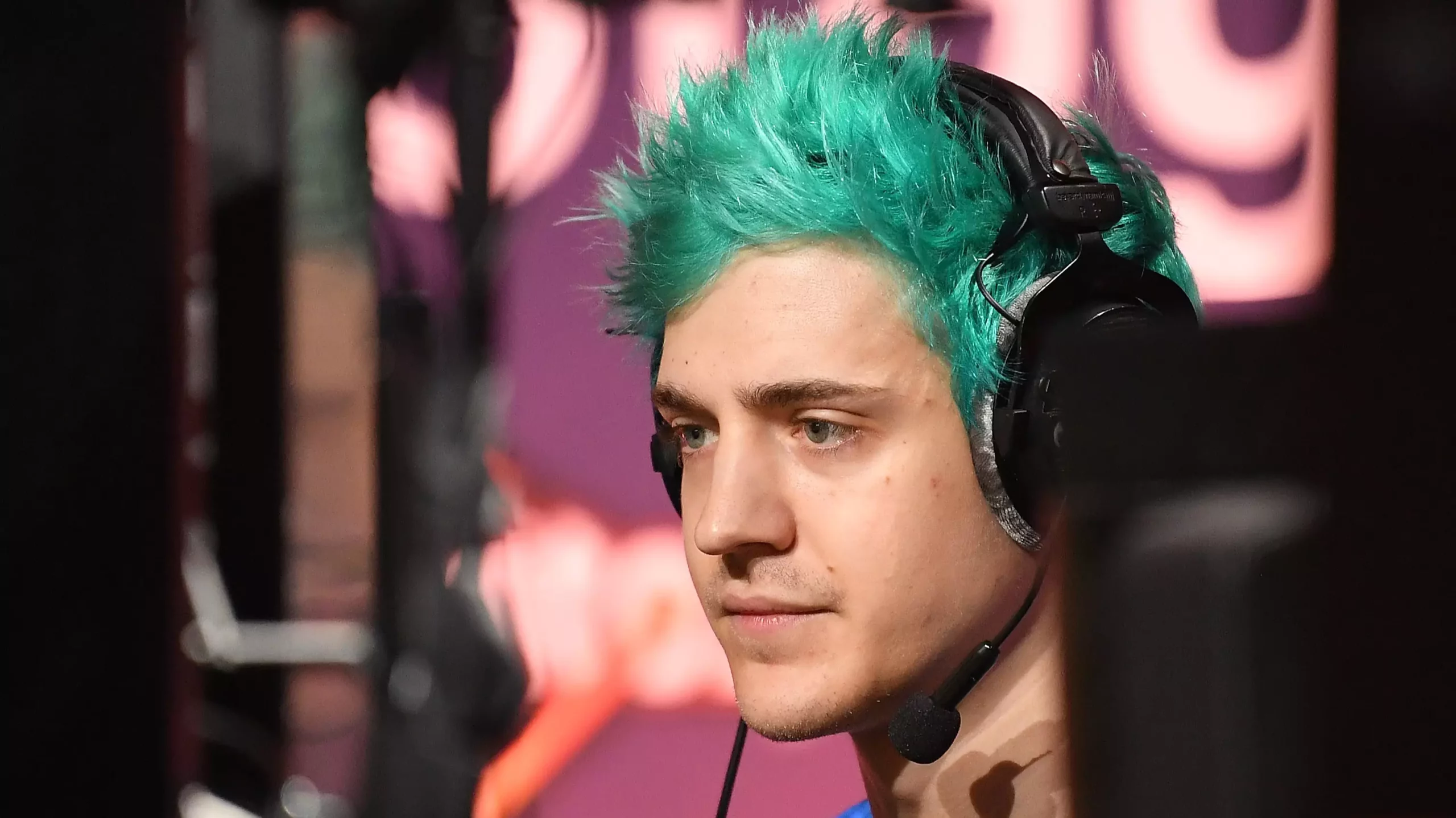Tyler “Ninja” Blevins’s journey from a humble streamer to a household name is often celebrated as a quintessential rags-to-riches story of the digital age. His meteoric rise around 2017 and 2018, fueled by the explosive popularity of Fortnite, transformed him into a cultural icon. He moved beyond mere gaming into mainstream consciousness through collaborations with celebrities like Drake and Travis Scott, captivating hundreds of thousands of viewers in real-time. His brand became so influential that Epic Games introduced Ninja-themed skins, cementing his legacy within the gaming universe.
However, beneath this veneer of success lies an often-overlooked reality: the briefness of fame, the relentless march of change, and the silent toll it takes on mental health. Blevins’s story isn’t just about triumph; it’s a stark reminder that maintaining relevance in the turbulent landscape of digital entertainment is a constant challenge. It is not solely the graphs and follower counts that define him, but the emotional resilience he has to summon amid shifting viewer trends and mounting criticism.
The Harsh Reality of a Digital Superstar
In recent interviews, Blevins’s tone reveals a side rarely seen in highlight reels. The sharp decline in his viewership numbers, from hundreds of thousands per stream to a few thousand, is compounded by a culture of relentless online negativity. His candid admission that he faces daily verbal assaults from internet trolls underscores a vital truth—that fame in the digital age is a double-edged sword. Followers andhaters alike are quick to remind him that his time in the spotlight is waning, adding a psychological burden that no amount of wealth can fully shield.
This struggle exemplifies a broader issue: the volatile nature of online fame. One moment you’re a sensation, the next you’re dismissed as yesterday’s news. The digital audience’s fickleness cultivates a breeding ground for comparison, envy, and cynicism. For Blevins, the “haters” are not just a nuisance but a persistent reminder of how fragile his position is—a phenomenon every content creator must grapple with, whether they admit it publicly or not.
Despite these challenges, Blevins’s humility and steadfast dedication to his community shine through. Instead of retreating, he actively channels his platform to promote charitable causes, such as his ongoing 24-hour charity stream. The emphasis on raising awareness for skin cancer detection reveals a dynamic side of the influencer—one rooted in purpose, compassion, and social responsibility. His willingness to share personal health struggles adds an authentic layer to his public persona that resonates deeply with followers.
The Hidden Toll and the Power of Advocacy
While Blevins’s financial success is undeniable, the emotional toll of online vitriol and diminishing relevance is less visible. It exposes a brutal reality for many in the limelight: the frequency and intensity of criticism can erode self-esteem and mental well-being. His struggles with decreasing viewership numbers—paired with persistent negativity—highlight that fame doesn’t necessarily equate to happiness or internal peace.
Yet, his response to adversity showcases a resilience that is inspiring. His unwavering passion for gaming and the genuine connections he maintains with his core community demonstrate that relevance isn’t solely measured by numbers. Instead, it’s reflected in the capacity to inspire others and effect positive change. His decision to leverage his platform for health awareness not only elevates the conversation around skin cancer but also redirects his influence toward meaningful advocacy—a testament to his character.
In a broader context, Ninja’s story challenges the narrative of instant success and permanence in the digital age. It reminds aspiring creators that the entertainment industry demands adaptability, emotional strength, and an unwavering sense of purpose. His openness about vulnerabilities fosters a more authentic understanding of the pressures faced by online personalities, helping to humanize a space often perceived as superficial or detached.
The Unseen Battles Behind the Screen
Perhaps the most profound insight from Blevins’s reflections is the acknowledgment that behind every viral clip or breathtaking victory lies a person navigating complex emotional landscapes. The applause and awe are often accompanied by internal doubts, fears of obsolescence, and the weight of living up to an impossibly high standard.
His participation in charity efforts emphasizes this point. The awareness campaign on skin cancer detection is not just about raising funds but also about confronting personal vulnerabilities and encouraging openness about health issues. It’s a reminder that fame, despite its illusions of invincibility, is vulnerable to the same setbacks as anyone else.
In essence, Ninja’s story serves as both a cautionary tale and a testament to resilience. It illustrates that success is fleeting, but integrity, purpose, and the willingness to confront one’s struggles can forge a meaningful legacy. The journey from the peak of fame to moments of introspection reveals that true strength often resides in vulnerability and advocacy rather than applause alone.

